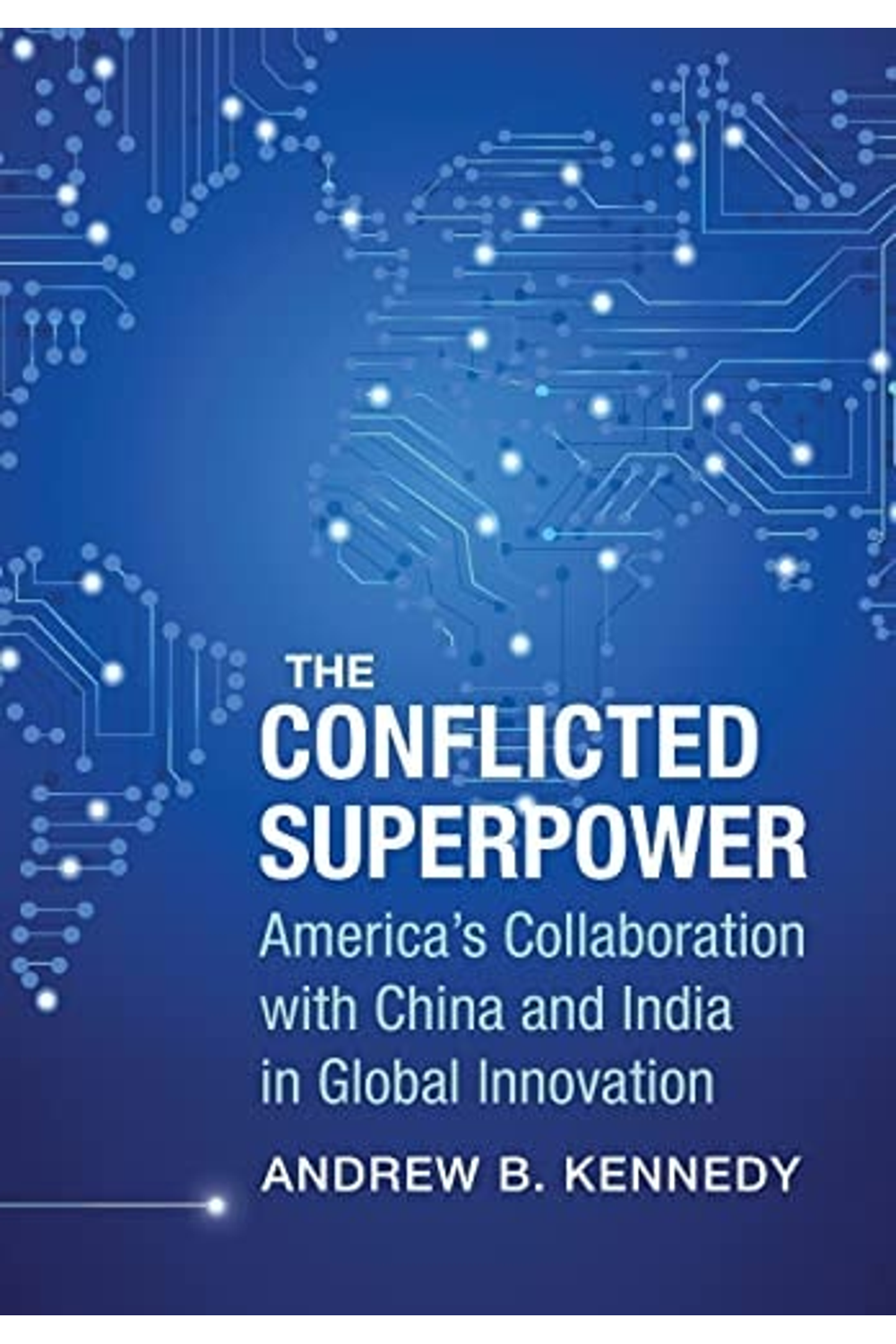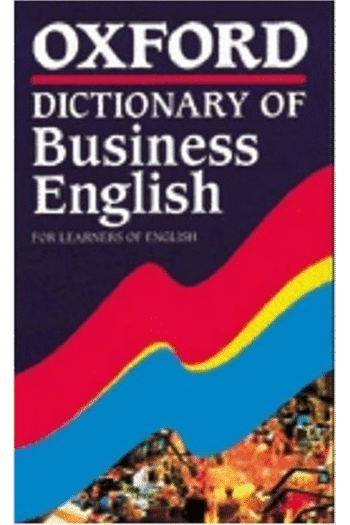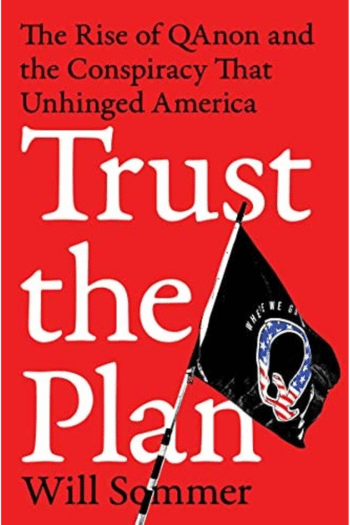**Navigate the Crossroads of Innovation: Andrew Kennedy’s _The Conflicted Superpower_** Is America losing its edge in global innovation? Andrew Kennedy’s _The Conflicted Superpower: America’s Collaboration with China and India in Global Innovation_ (Columbia University Press, 2018) tackles this crucial question head-on. This hardcover book analyzes the increasingly complex relationship between the United States, China, and India in the realm of technological advancement. Kennedy argues that while the U.S. has traditionally benefited from its leadership in tech innovation, this position is being challenged by the rise of China and India, who increasingly contribute intellectual capital and attract high-tech investment. What sets this book apart is Kennedy’s exploration of the *internal conflicts* within the U.S. that hinder its ability to effectively collaborate on a global scale. He examines how competing domestic interestsfrom the high-tech sector pushing for open borders to labor unions concerned about job displacementshape U.S. policies on skilled immigration, foreign students, and offshoring. Through detailed analysis and real-world examples, Kennedy reveals how these policies are often inconsistent and fail to maximize the benefits of global innovation. This is not just another book about international relations; it’s a deep dive into the *politics of innovation* within the U.S. Kennedy exposes the tensions between embracing global partnerships and safeguarding national interests, offering a critical perspective on the future of American technological leadership. Essential reading for anyone seeking to understand the challenges and opportunities facing the U.S. in the 21st-century global economy. This book is part of the Nancy Bernkopf Tucker and Warren I. Cohen Book on AmericanEast Asian Relations series. ISBN: 9780231185547. Get your copy today!
The Conflicted Superpower: Americas Collaboration with China and India in Global Innovation (A Nancy Bernkopf Tucker and Warren I. Cohen Book on AmericanEast Asian Relations)
23,66 $
In stock
For decades, leadership in technological innovation has sustained U.S. power worldwide. Today, however, processes that undergird innovation increasingly transcend national borders. Cross-border flows of brainpower have reached unprecedented heights, while multinationals invest more and more in high-tech facilities abroad. In this new world, U.S. technological leadership increasingly involves collaboration with other countries. China and India have emerged as particularly prominent partners, most notably as suppliers of intellectual talent to the United States. In The Conflicted Superpower, Andrew Kennedy explores how the worlds most powerful country approaches its growing collaboration with these two rising powers.
Whereas China and India have embraced global innovation, policy in the United States is conflicted. Kennedy explains why, through in-depth case studies of U.S. policies toward skilled immigration, foreign students, and offshoring. These make clear that U.S. policy is more erratic than strategic, the outcome of domestic battles between competing interests. Pressing for openness is the high-tech communitythe technology firms and research universities that embody U.S. technological leadership. Yet these pro-globalization forces can face resistance from a range of other interests, including labor and anti-immigration groups, and the nature of this resistance powerfully shapes just how open national policy is. Kennedy concludes by asking whether U.S. policies are accelerating or slowing American decline, and considering the prospects for U.S. policy making in years to come.
| Authors | |
|---|---|
| Binding | |
| Condition | |
| ISBN-10 | 0231185545 |
| ISBN-13 | 9780231185547 |
| Language | |
| Pages | 280 |
| Publisher | |
| Year published | |
| Weight | 522 |
Related products
- Additional information
- Currencies
- USD – United States dollar
- EUR – Euro
- GBP – Pound sterling
- CNY – Chinese yuan
- BRL – Brazilian real
- MXN – Mexican peso
- JPY – Japanese yen
- PHP – Philippine peso
- THB – Thai baht
- PLN – Polish złoty
- CAD – Canadian dollar
- MYR – Malaysian ringgit
- AUD – Australian dollar
- TWD – New Taiwan dollar
- CZK – Czech koruna
- SEK – Swedish krona
- HUF – Hungarian forint
- ILS – Israeli new shekel
- CHF – Swiss franc
- HKD – Hong Kong dollar
- DKK – Danish krone
- SGD – Singapore dollar
- NOK – Norwegian krone
- NZD – New Zealand dollar





